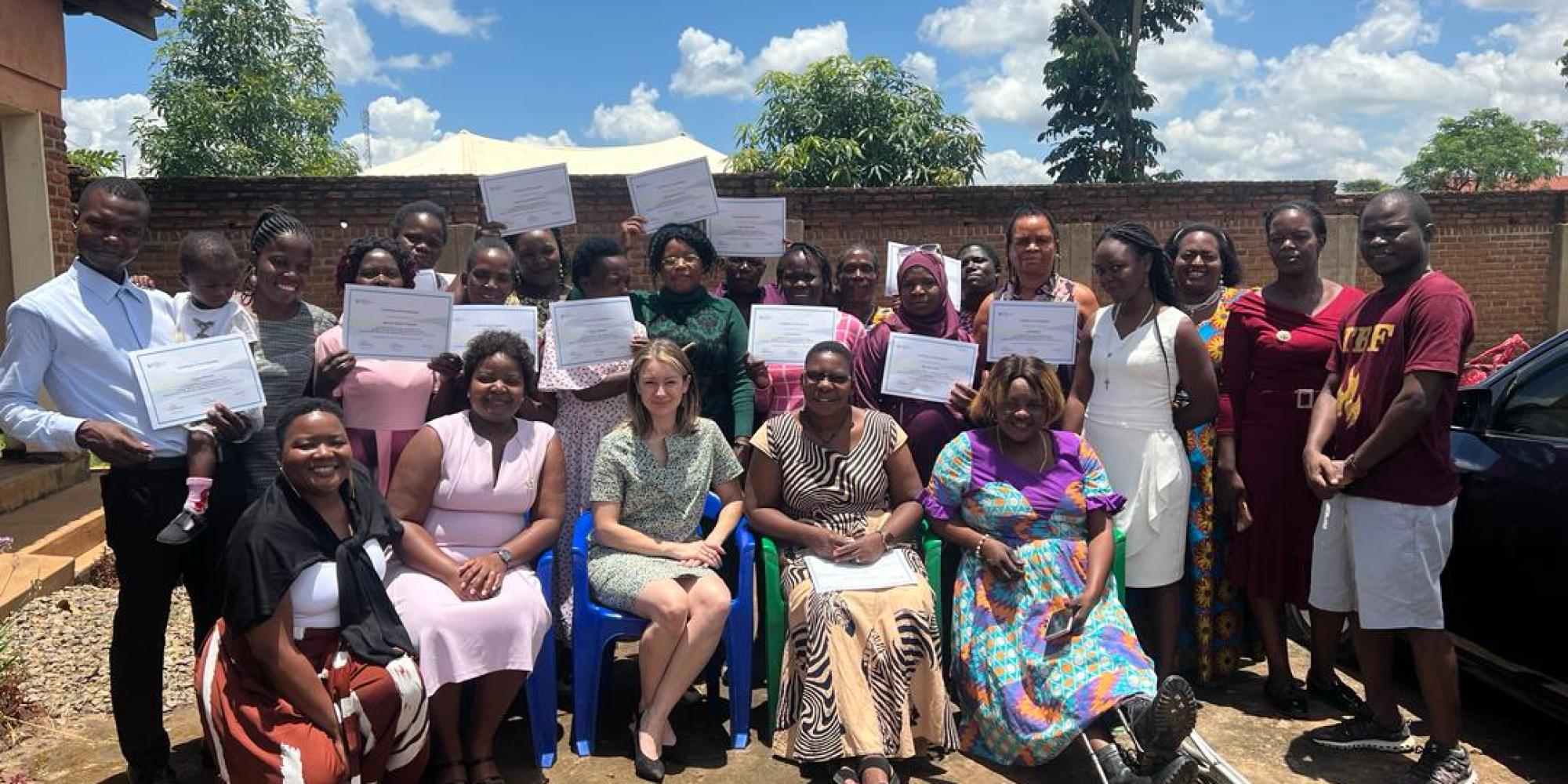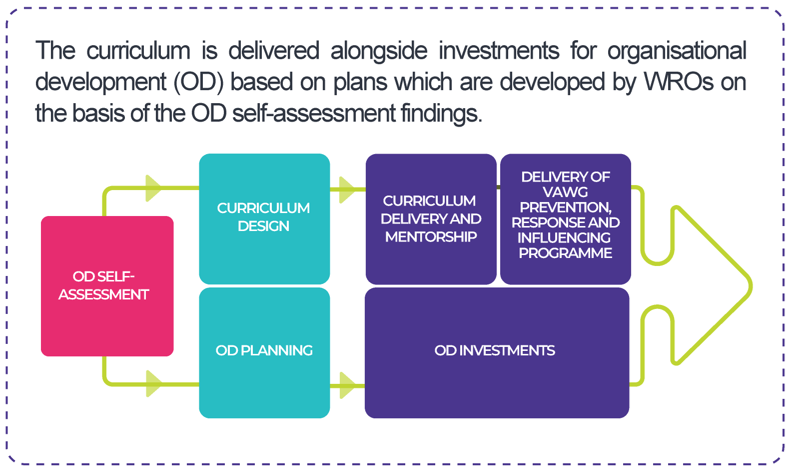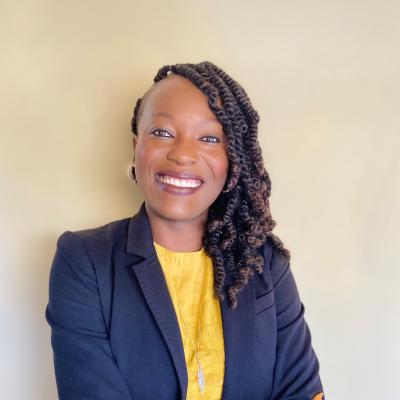The Building Technical Capacity for VAWG Prevention and Influencing in Malawi (BTC) programme was co-created in 2022 by Social Development (SDD) and three Community based WROs; Lilongwe Urban Women Forum (LUWF), Karonga Women’s Forum (KWF) and Human Rights Organisation for Women and Girls with Disabilities (WAG-Disability Rights) with the aim of supporting community-based WROs to strengthen their technical capacity from VAWG response, to include VAWG prevention and influencing.

What is the Building Technical Capacity for VAWG Prevention and Influencing in Malawi Programme?
The programme devised and delivered a 20-week curriculum, which meets global quality standards drawing from open-source materials, adapted for delivery to adult learners who are active at the front-line of tackling VAWG in communities. Coupled with investments in organisational development for partner WROs, our partners are now better equipped to plan and deliver VAWG prevention in influencing interventions, which will commence at the end of 2024.
The curriculum covers key topics, including:
- Foundations of VAWG and VAWG prevention
- Feminist leadership in VAWG prevention and response
- Designing holistic, effective and transformative programmes
- Behaviour Change approaches to VAWG prevention
- Theory of Change and MEL frameworks
- Gender Political Economy Analysis and Influencing Strategies
- Protection against Sexual Exploitation, Abuse and Harassment (PSEAH)
The programme also invests in organisational development support for WROs to support them to work toward their long-term visions for their organisations.

Our Work in this Area
Programme Objectives
- Three women’s rights organizations have created institutional readiness and ownership for the VAWG prevention strategies and have developed strategic influencing strategies.
- 30 WRO staff, 120 Community Activists and 30 Community Leaders have a deeper understanding and personal reflection on power and violence against women and have developed the skills to begin engaging communities in the three peri-urban zones of Lilongwe, and two rural areas of Karonga.
- At least 240 survivors are provided accompaniment and financial support to plan their case and seek help or report as per their wishes.
- Learning generated through this intervention will be shared within Malawi and globally
Lessons from BTC programme/ delivery for technical capacity strengthening programmes for WROs:
- Importance of investment in equal partnerships between technical advisory organisation with grassroots WROS to co-create meaningful ways of sharing knowledge.
- Need to re-think ways of engagement with WROs from recipients and implementors of VAWG programmes only to co-creators and co-designers of VAWG prevention, response and influencing programmes.
- Crucial to synthesise research and evidence into tailored packages that meets capacity needs and contexts of community-based WROs in meaningful ways.
- Great value in the promotion of strong movement building amongst grassroots WROs through peer mentoring.
- Elevation of WROs profiles and deserved recognition as experts in VAWG prevention and response work at community and national levels.
Collaboration and Impact
The programme is an excellent example of working with our WRO partners toward Transformative Equitable Partnerships. SDDirect acknowledged the power imbalance between ourselves and our WRO partners and was intentional in creating more equitable spaces where our partners could contribute toward design and delivery, and are acknowledged for their work.
Client Testimonial
The BTC curriculum has been delivered with 30 members from 3 WROs so far, with a further 6 organisations to begin the curriculum across Malawi and Zimbabwe in 2025. Key feedback from participants includes:
"The session has turned us into critical thinkers in doing our work."
- BTC Curriculum Participant
"This learning will help me to assess our work if we are making progress or not. When reaching out to people we will be able to know the risks ahead and decide on how to continue working."
- BTC Curriculum Participant
"The session is very helpful in assessing VAWG, and the risks. The lessons will help us to know what works and what does not plus ways and strategies to make it work"
- BTC Curriculum Participant
BTC Curriculum
The BTC Curriculum will be shared as an open source resource toward the end of 2024. Please contact Amanda Bangura if you would like to be informed when the resource is available.
"If we want to end violence we must not fund piece work, we must fund the revolution. And who is leading the revolution? Women's Rights Organisations!"
- Lusungu Kalanga

